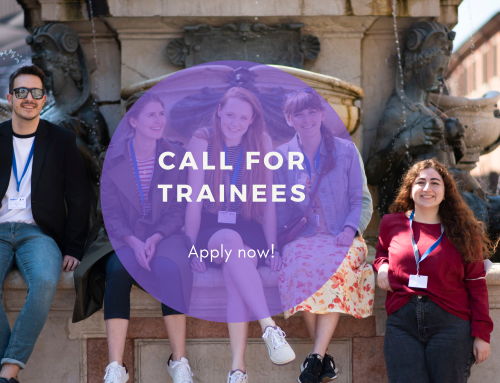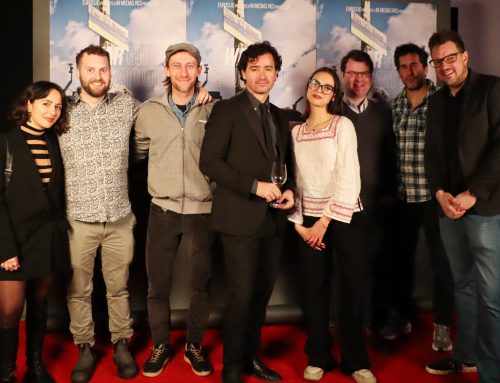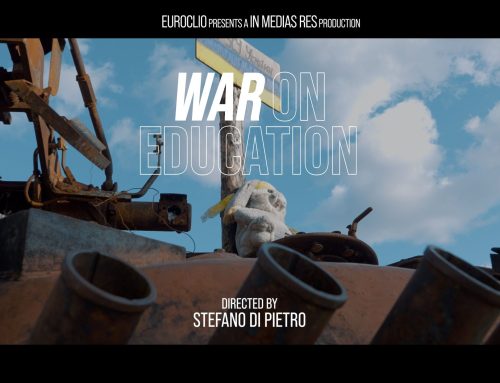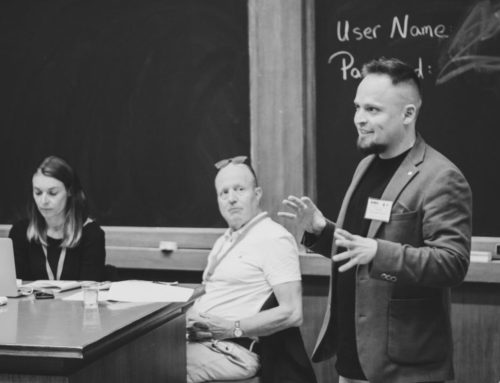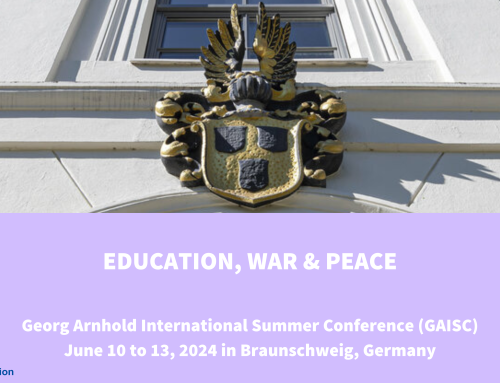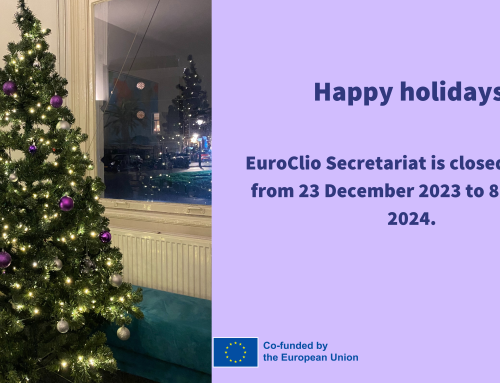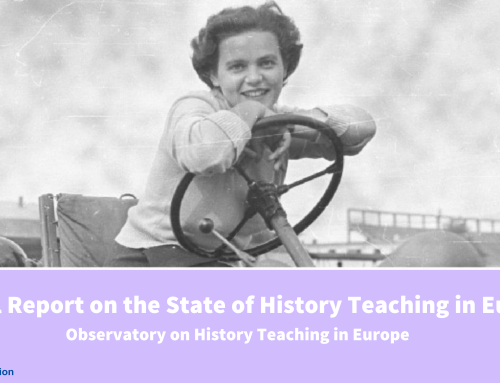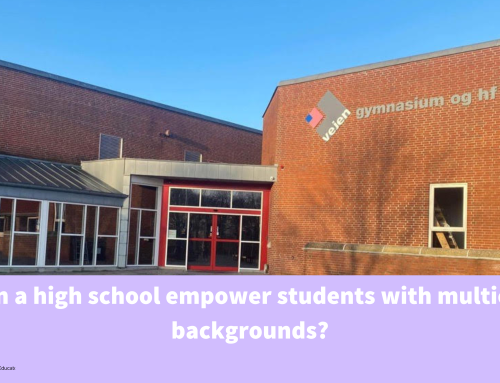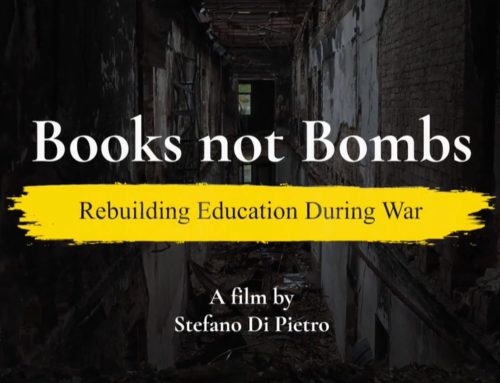Day 2 of the 2016 International NGO Conference on History Education and Peace in East-Asia and Europe
@ Leiden University, in partnership with Leiden Asia Center
‘The 2016 International Conference on History Education and Peace in East-Asia and Europe. Teaching for Peace – History in perspective’ as a whole, explored the role of international cooperation, history education and civil society in establishing sustainable peace in East Asia in dialogue with Europe. The second day was hosted by Leiden Asia Center in combination with Leiden University. This day had a focus of addressing the history of colonialism and World War Two in Europe and East Asia: Comparing and Contrasting. Remco Breuker, historian and professor in Korean Studies at Leiden University, was the Chair of the Day. The day brought together a group of experts, speakers and participants from all over the world.
The day started with an opening by Remco Breuker, followed by a panel discussion between Juback Sin (HK research Professor from Yonsei University) and Ethan Mark (University Lecturer at Leiden University). This session, moderated by Kees Ribbens (Professor / Senior Researcher at Erasmus University and NIOD), started the discussion on how to ‘re-orient the history of World War Two in different perspectives’. The session was an inspiring start of the day, by contrasting both Europe and East Asia’s view on the History of World War Two.
This opening panel opened the dialogue with a day full of speakers and presenters. Two workshops, one hosted by EuroClio and one hosted by the History NGO Forum for Peace in East Asia, helped to understand the complexity of dealing with the past in the context of World War Two, in both Europe and East-Asia. Mikang Yang (Asia Peace & History Education Network) gave a presentation on the issue of sexual slavery by Japan and drew some conclusions on the ways to reach resolution. Clearly pointing out that even today, Japan hasn’t officially apologized for its crimes to these women. This workshop, with several speakers shed light on the urge of recognizing the war crimes and plead an official apology in respect to human rights and historical justice. The main concluding message from her presentation was that crimes committed by the Japanese government during World War Two can not be denied as supported by evidences, and victims of forced labour, sexual slavery and other types of torture should be recognized and perpetrators should be held responsible. The issue of comfort women stood on top of this responsibility.
Simultaneously, Stephanie Marsal (Senior Adviser at the Office of the OSCE), moderated a workshop that focused on ‘Dealing with the Past in History Education in Europe and Asia’. During this session, Friederike Mieth (International Nuremburg Principles Acadamy) spoke about the Nuremburg principles and how the Nuremberg Academy focuses on the fight against impunity for universally recognized international core crimes. Together with Ann Laure Lieval (Head of Europe Committee of APGH) and Joan Brodsky Schur (Education consultant), this workshop provided different views on how to teach about the difficult pasts of countries.
Followed by questions from the audience in both sessions, an interesting discussion was held. These discussions were plenary summarized by both moderators after the workshops. The day ended with a concluding panel and a festive dinner hosted by the Korean Embassy of the Netherlands during which the Ambassador shared his joy of hosting the delegation in the Netherlands.

